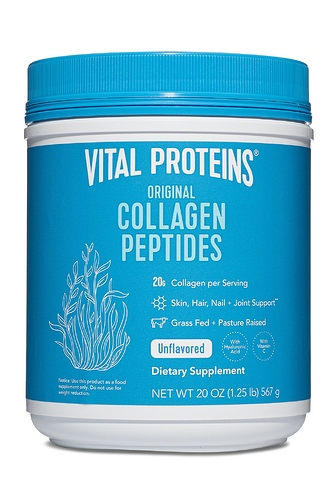I’ve been experiencing soreness in my achilles tendon upon waking for a little over a week, and I’m reluctant to lift weights until it’s resolved.
The standard treatment for mild tendon injury appears to be light exercise followed by a 15g dose of collagen along with 50g vitamin c.
Collagen supplements aren’t cheap. This makes me wonder how much collagen I’m actually getting anyway in my normal diet. I’m eating 1.25lbs of 73/27 ground beef each day right now, and I’m guessing there is a fair bit of collagen in there. The cuts that go into ground beef typically meet that fate because they’re so full of collagen they’re too chewy to eat without many hours of slow cooking, or mechanical grinding. If I’m getting >20g of collagen each day already, theres no point dropping $30 on a jar if the stuff… 
So my question is, has anyone come across a resource that lists the collagen content of common foods? My google-fu was stumped. I got many hundreds of BS articles on the virtues of bone broth, but no real data.



